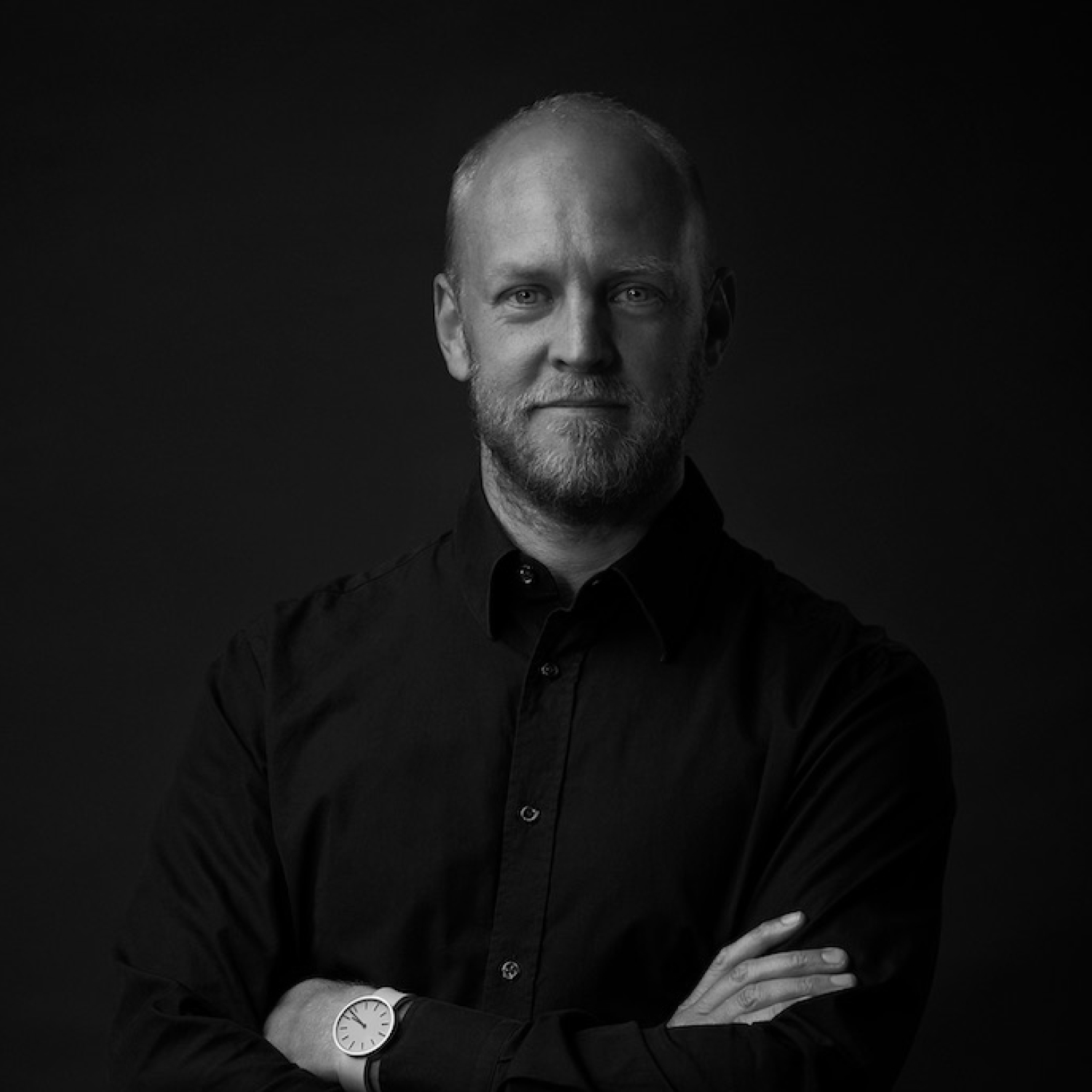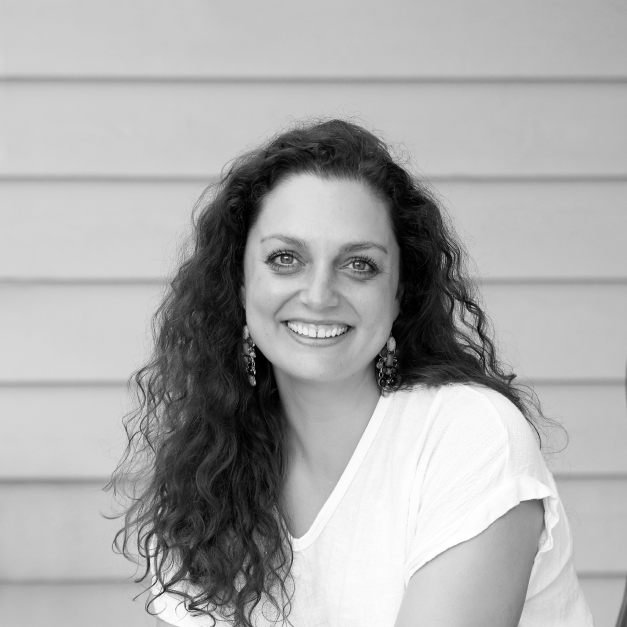
ASKING FOR A FRIEND
I’m a female art director. Our leadership team is stacked with men. How do I make CD?
ASKING FOR A FRIEND - QUESTION
When you're a talented female art director looking up at an all-male leadership team, the path to creative director can feel frustratingly unclear. Wez Hawes, Executive Creative Director at Innocean Australia, and Katie Feder, a registered psychotherapist specialising in workplace dynamics, offer practical strategies for navigating leadership diversity challenges. From Katie's four-part communication framework to Wez's advice on strategic conversations and preparation, this discussion provides actionable guidance for how to make creative director while advocating for necessary change. Learn how to approach these sensitive conversations, position yourself for advancement, and address gender imbalance in creative leadership teams.
Navigating Leadership Diversity: How to Make Creative Director When Your Team is All Male
Being the only woman looking up at an all-male leadership team can feel isolating and frustrating. You love your workplace, you've built meaningful friendships, but the path to creative director feels blocked by an obvious gender imbalance. The good news? There are strategic ways to address this challenge while positioning yourself for advancement.
This question was answered by Wez Hawes, Executive Creative Director at Innocean Australia with extensive experience in creative leadership and building diverse teams, and Katie Feder, a registered psychotherapist specialising in workplace dynamics and communication in the creative industry. Andy Wright, host and CEO of Streamtime, facilitated the discussion.
Start with the Right Conversation
Wez suggests beginning with a strategic approach rather than confronting the entire leadership team at once. "I would go for it, whether that's the CEO you get along with the best or the CCO or the ECD, who can kind of, someone within that team, I think that can raise your concerns," he explains.
The key is finding your strongest ally within the leadership group and having an honest conversation about what you're observing. As Wez points out, "Our leadership team is stacked with men. I feel like just raising that and pointing it out is kind of enough. It's like if they don't understand that this is kind of wrong for 2022, then there's something kind of not quite right with the organisation."
Use Katie's Four-Part Framework
Katie offers a structured approach to these difficult conversations using her "I notice, I imagine, I feel, I wonder" framework. This method keeps the conversation collaborative rather than confrontational.
"I notice that our leadership team is male dominant. And I imagine that whatever you think it is, at that point in time, you know, we had more males or we had more people who were ready for promotion," Katie explains. The framework then moves to your feelings: "I feel that I deserve to be on that team" or "I feel concerned about this because I'm wondering about my future here."
Finally, the "I wonder" section opens up possibilities: "I wonder if you see me in that position too. I wonder how long it might be until you see me there. I wonder what I might have to do to get there."
Come Prepared with Your Value
Before having these conversations, Wez emphasises the importance of being ready to back up your aspirations. "I'd highlight your achievements value and what you bring to that position, the organisation, I'd have that before you actually have that chat, one-on-one chat."
This isn't about proving you're worthy (you already are), but about making it easy for leadership to see your potential and understand the business case for your promotion.
Address the Bigger Picture
Both experts agree that pointing out the broader issues with all-male leadership teams is important. Wez notes these teams are "blinkered and rife with unconscious bias" and "incredibly dated" in terms of external perception.
The conversation isn't just about your individual advancement, it's about helping the organisation recognise they need diverse perspectives at the top level.
Never Not International Women's Day
This challenge connects directly to the ongoing fight for gender equality in creative industries. Never Not International Women's Day is a continuous platform highlighting that it should never not be International Women's Day until true equality is achieved. The platform features stories from women across the creative industry facing similar challenges to yours, reminding you that you're not alone in this struggle. You can find inspiration and solidarity at Never Not International Women's Day.
Find Your Support Network
NNC Circles offers peer support groups specifically for creatives facing workplace challenges like yours. These confidential, non-competitive spaces connect you with other professionals navigating similar situations. Having a support network of peers who understand the unique pressures of creative leadership can provide invaluable perspective and encouragement as you work towards your goals. Learn more about NNC Circles.
When Professional Support is Needed
If workplace gender dynamics are significantly impacting your mental health or wellbeing, don't hesitate to seek professional support. Sometimes having an objective professional perspective can help you navigate these challenges more effectively. You can find resources and crisis support information at our help section.
Know Your Rights
If you're experiencing discrimination, harassment, or unfair treatment related to gender bias, the NNC Support Line offers free initial legal advice. This confidential service can help you understand your rights and options if workplace issues escalate beyond what internal conversations can resolve. Find out more about the Support Line.
The path to creative director shouldn't be harder because of your gender, but the reality is that it sometimes is. By approaching these conversations strategically, coming prepared with your achievements, and building the right support network, you can work towards the change you want to see while advancing your own career. Remember, you're not just fighting for yourself, you're helping to create a more equitable industry for everyone who comes after you.
our guests
Industry Leader

Wez Hawes
72 & Sunny
Mental Health Expert

Katie Feder
Host

